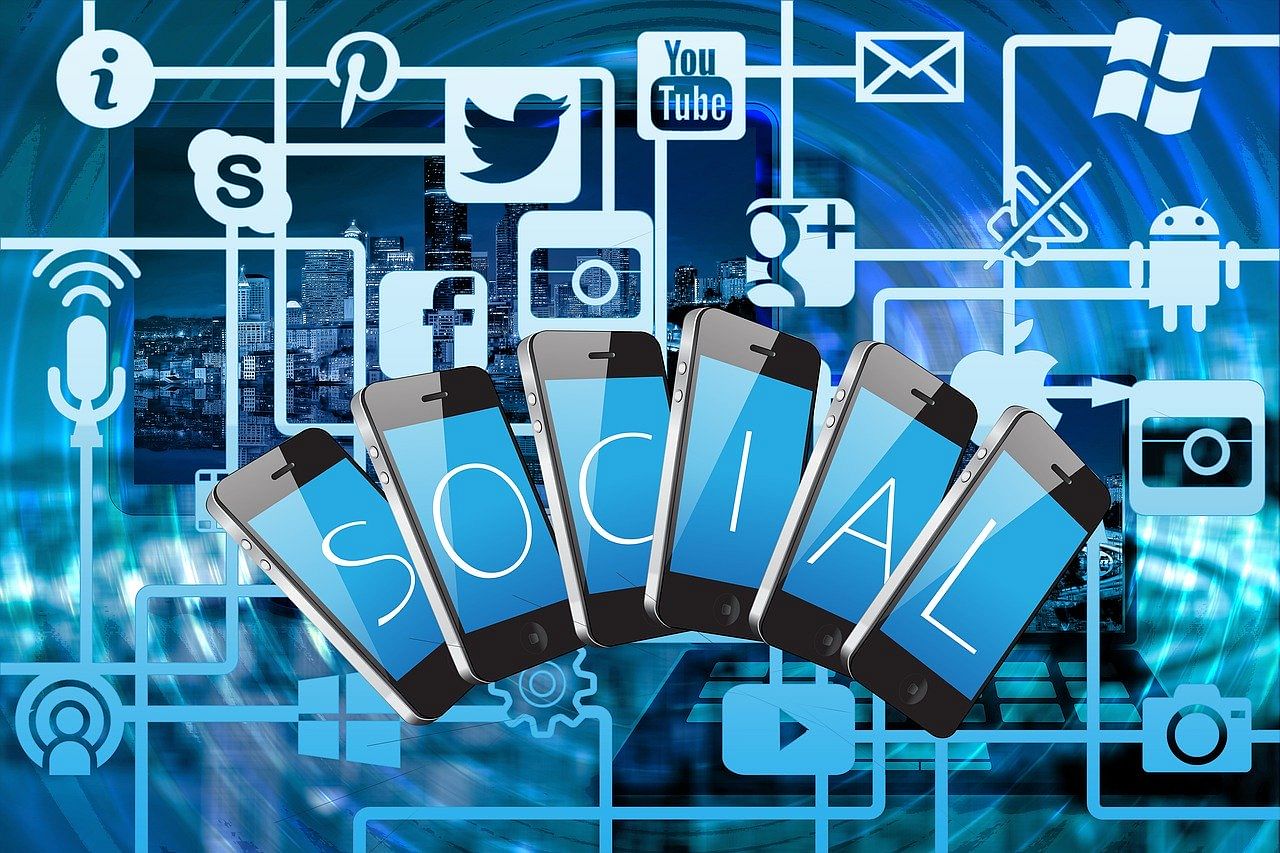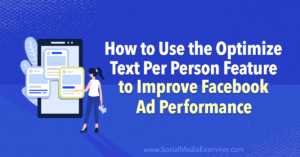The evolution of social media marketing in 2023 presents a landscape brimming with exciting possibilities.
With new technologies, shifting consumer behaviors, and emerging platforms, marketers must navigate these changes to maximise their reach and engagement.
Here are key trends shaping social media marketing in 2023 and the best practices.
Rise of Influencer Authenticity
Transparent Partnerships: Influencer marketing is shifting towards more transparent collaborations.
Genuine Storytelling: Influencers are moving away from overt product promotion and focusing on storytelling.
Long-term Partnerships: Brands are shifting towards long-term partnerships with influencers rather than one-off campaigns.
Emphasis on Engagement Metrics: Instead of solely relying on follower count, brands are placing greater importance on engagement metrics.
User-Generated Content (UGC)
By harnessing the power of user-generated content, brands can tap into the authenticity, engagement, and advocacy of their customers.
Authenticity and Trust: User-generated content (UGC) provides an authentic and trustworthy perspective on a brand or product. UGC also encourages active participation from the audience, leading to increased engagement levels.
Cost-Effective Content Creation: Leveraging UGC allows brands to tap into a vast pool of content without significant investments in production.
Embracing Video-first Approach
Videos have become a highly effective and captivating medium for capturing the audience’s attention. Social media platforms prioritise video content, giving it higher visibility in users’ feeds.
Investing in quality video content enables brands to connect with their audience on a deeper level and stand out in the competitive social media landscape.
Versatility and Creativity: Videos offer endless possibilities for creativity and storytelling. The versatility of video allows brands to connect with their audience on an emotional level.
Mobile-friendly and Shareable: With the rise of mobile usage, videos are easily consumed and shared on smartphones.
Enhanced Personalisation and AI-driven Marketing
Tailored Messaging: Enhanced personalisation allows brands to tailor their messaging to individual consumers, delivering content that is relevant and resonates with their specific interests, preferences, and behaviors.
Customer Segmentation: AI-driven marketing tools enable brands to segment their customer base more effectively. By analysing data and patterns, brands can identify distinct customer segments and create targeted campaigns for each group, increasing the likelihood of engagement and conversions.
Predictive Analytics: AI algorithms can analyse vast amounts of data to predict consumer behavior and preferences. Brands can leverage these insights to make informed decisions and optimise their marketing strategies, ensuring the right message is delivered to the right person at the right time.
Dynamic Content Generation: AI-powered tools can dynamically generate personalised content, such as product recommendations or email subject lines, based on individual consumer data. This level of personalization enhances the customer experience and drives higher engagement rates.
Chatbots and Virtual Assistants: AI-driven chatbots and virtual assistants can provide instant and personalised customer support. They can answer queries, offer recommendations, and provide relevant information, improving customer satisfaction and driving conversions.
Real-time Campaign Optimisation: AI algorithms can monitor and analyse campaign performance in real-time. Brands can make data-driven decisions and optimise their campaigns on the fly, adjusting targeting, messaging, and creative elements for better results.
Behavioral Retargeting: AI allows brands to retarget customers based on their previous interactions and behaviors. By showing personalized ads and content to users who have shown interest, brands can increase engagement and encourage repeat purchases.
Voice Search Optimisation: With the growing popularity of voice assistants, brands can leverage AI to optimise their content for voice search queries. By incorporating natural language processing and understanding, brands can ensure their content is discoverable and relevant in voice search results.
Augmented Reality Experiences
Augmented Reality (AR) experiences offer an innovative and interactive way for brands to engage with their audience.
By overlaying digital elements onto the real world, AR creates immersive and captivating experiences that blend the physical and digital realms.
Enhanced Engagement: AR experiences captivate and engage users by offering unique and interactive content. Whether it’s trying on virtual products, exploring virtual environments, or playing AR games, users are actively involved, leading to increased brand interaction and memorable experiences.
Product Visualisation: AR allows customers to visualise products in their real-world context. Brands can showcase how their products look and fit in a customer’s environment, providing a more accurate and realistic representation that enhances the purchase decision-making process.
Interactive Marketing Campaigns: Brands can leverage AR to create interactive marketing campaigns that encourage user participation. From AR scavenger hunts to AR filters and lenses on social media platforms, these campaigns generate buzz, encourage sharing, and boost brand awareness.
Virtual Try-On and Sampling: AR enables virtual try-on experiences, allowing users to visualize how products like clothing, accessories, or cosmetics will look on them before making a purchase. This technology enhances the online shopping experience, reduces the need for physical try-ons, and boosts customer confidence.
Brand Differentiation: By integrating AR experiences into their marketing strategies, brands can differentiate themselves from competitors and provide unique value to their customers. AR offers a cutting-edge, forward-thinking approach that showcases a brand’s innovation and creativity.
Overall, AR experiences offer brands an opportunity to create immersive and interactive connections with their audience.
By leveraging this technology, brands can enhance engagement, boost brand awareness, facilitate product visualisation, and deliver memorable experiences that leave a lasting impact on their customers.










